Arrest Warrant Requested for South Korea’s Former President Yoon Suk-yeol
The political turmoil in South Korea continues as a joint investigative unit has officially filed a request for an arrest warrant against the country’s former president, Yoon Suk-yeol. The charges relate to Yoon’s brief declaration of martial law on December 3, which has sparked widespread debate and allegations of an attempted coup.
Court to Decide on Arrest Warrant
The court is now tasked with determining whether Yoon’s actions warrant legal proceedings under rebellion or coup-related charges. The investigation is focused on whether his martial law announcement constituted an unconstitutional move against democratic processes or an abuse of power.
Background of the Incident
- On December 3, 2024, Yoon declared martial law amid political instability. The declaration lasted for a brief period but led to immediate backlash from lawmakers, the judiciary, and the public.
- The martial law announcement raised alarms, with many viewing it as an attempt to consolidate power undemocratically.
- Yoon was impeached by the South Korean parliament on December 14, 2024, following a second impeachment motion that passed with a majority of 204 votes out of 300.
Impeachment Process
- The parliament accused Yoon of undermining democratic norms by declaring martial law without due process.
- Both the ruling and opposition parties supported the impeachment, highlighting the severity of the situation.
- With the impeachment’s success, Yoon was removed from office and suspended from all official duties.
Ongoing Investigation
The joint investigative team is probing whether Yoon’s martial law declaration aligns with the legal framework or constitutes an act of rebellion against the state. They are also investigating the chain of command and whether others within the administration were complicit.
Implications for South Korea
This case has significant implications for South Korea’s democracy, as it highlights the balance between executive power and the rule of law. The controversy underscores the importance of constitutional limits and accountability for government leaders.
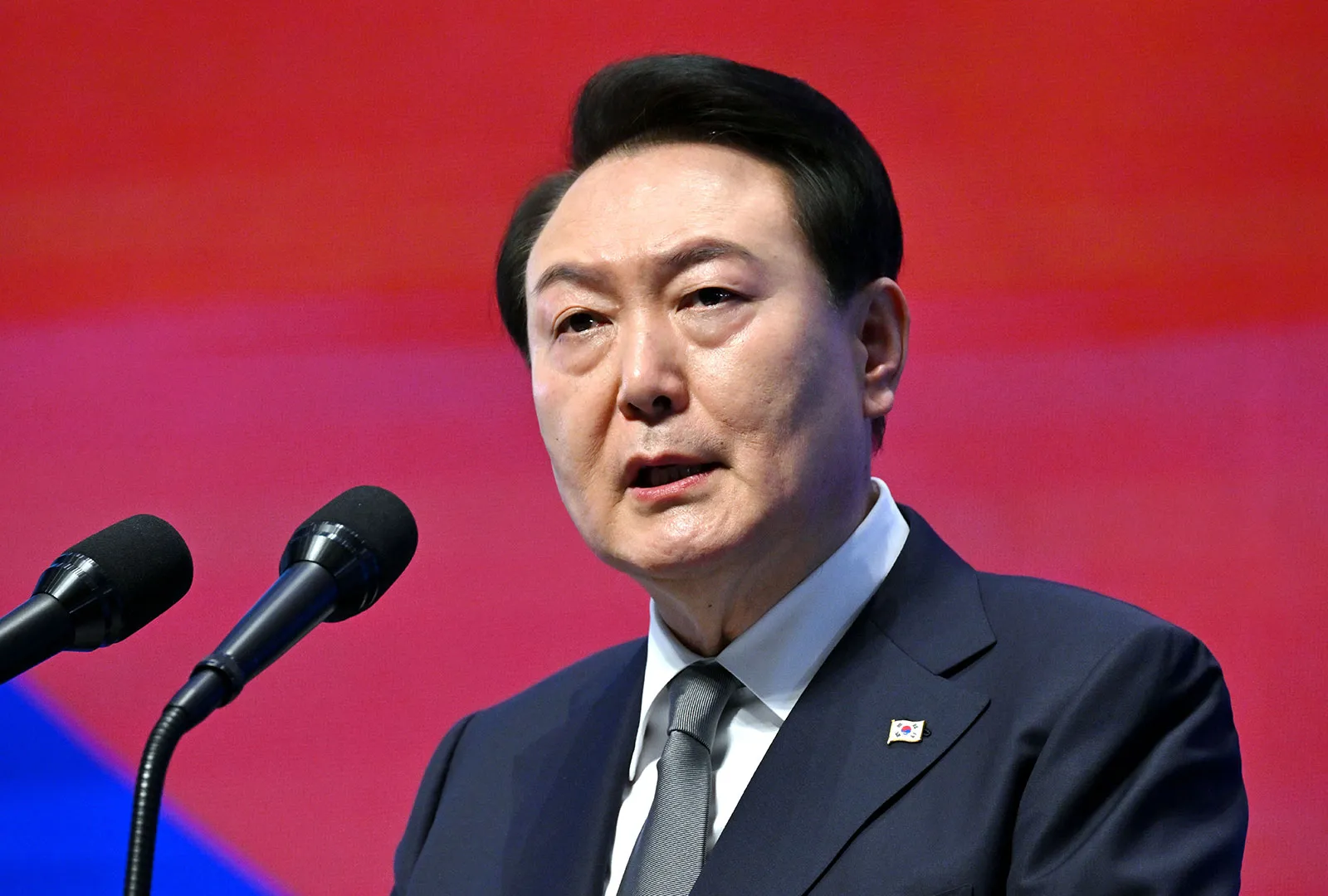

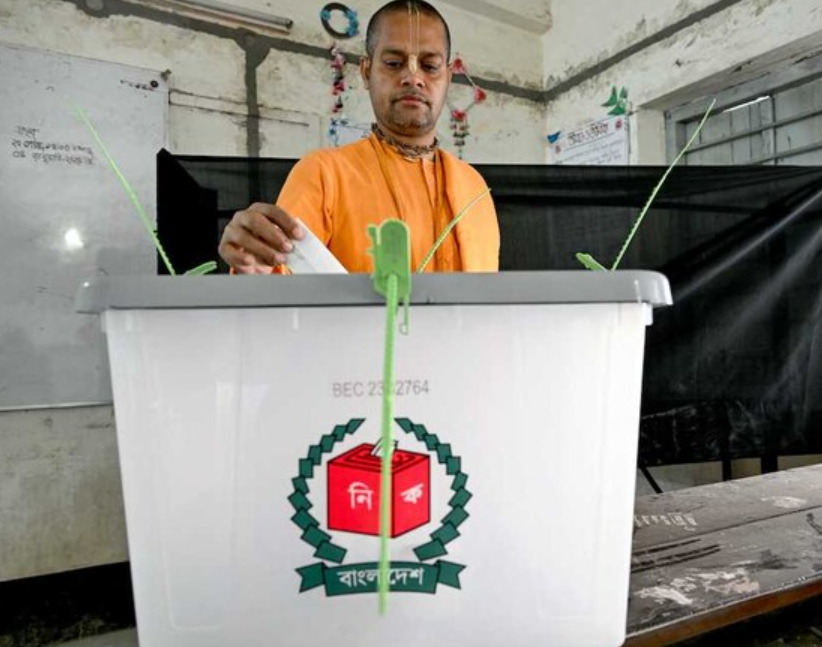
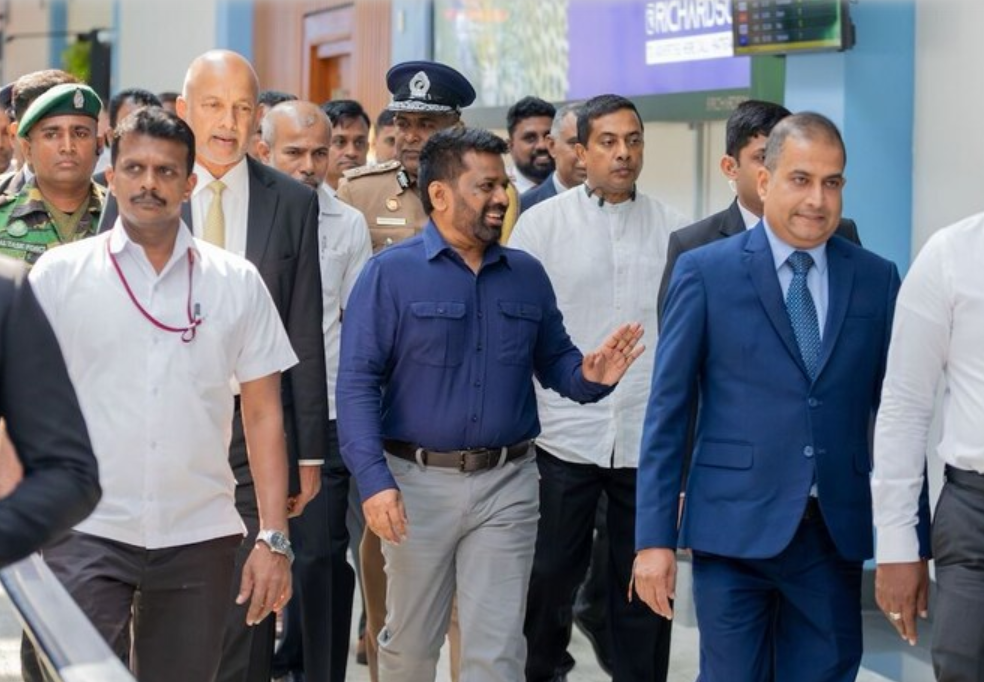
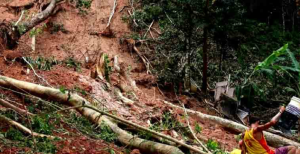
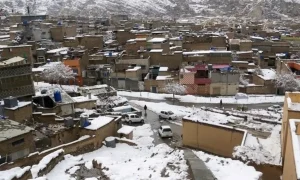
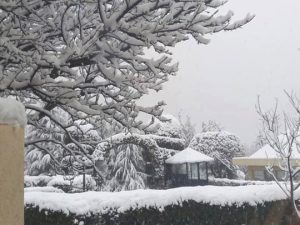
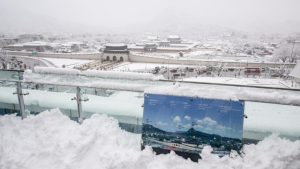
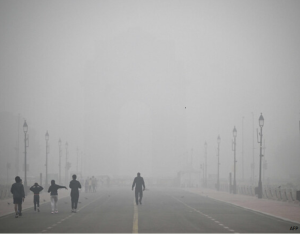

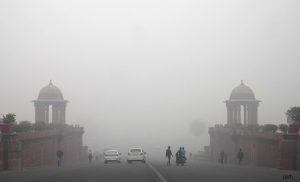
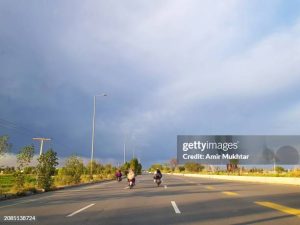
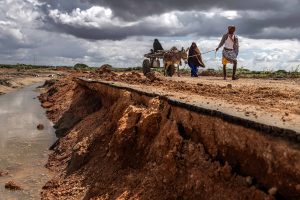
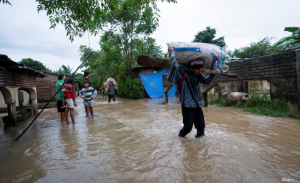
Post Comment